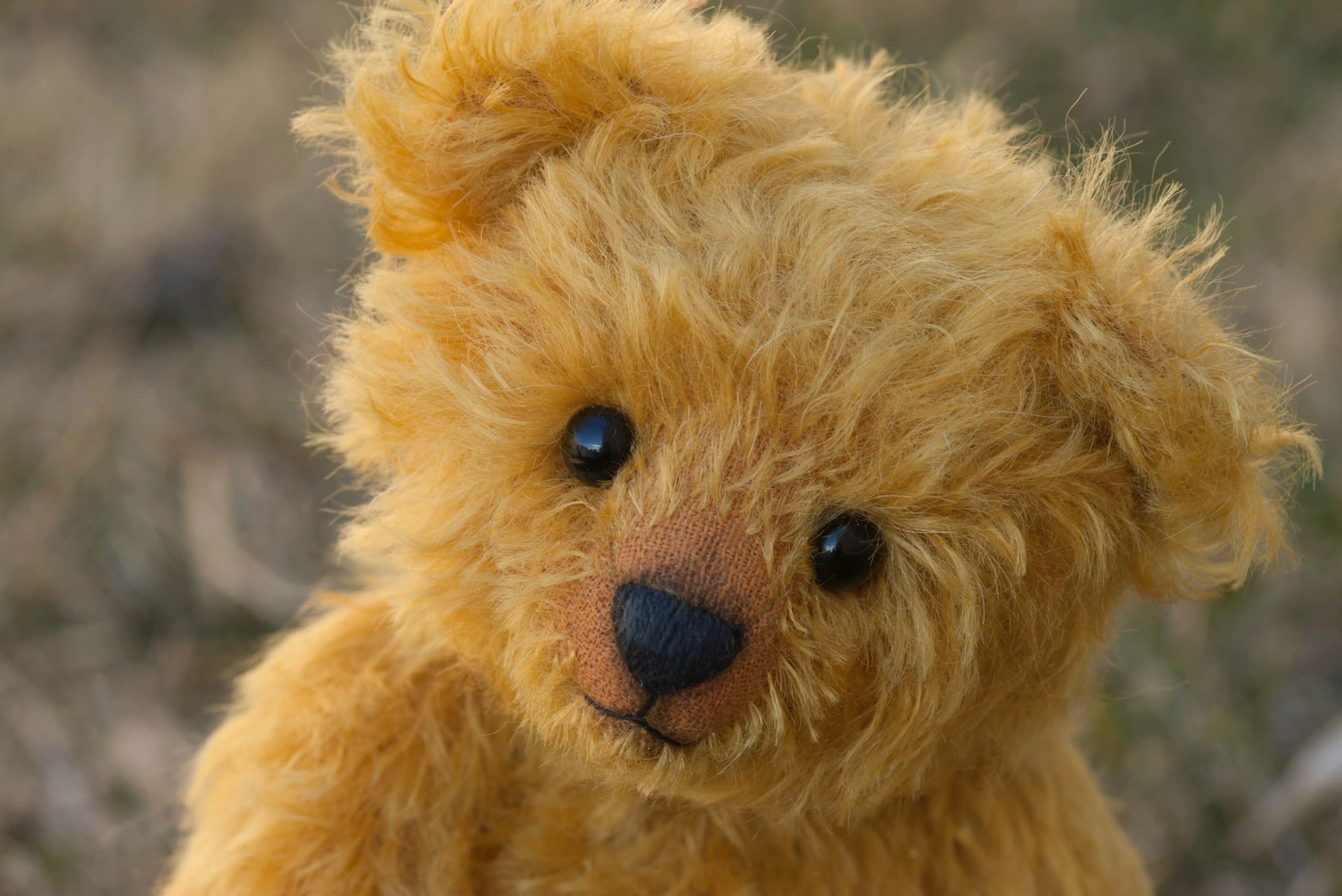Children’s minds are impressionable, which is a valuable characteristic in dynamic learning. They also trust authority figures implicitly and seek to conform. This means that how they interact with and whether they trust their technology needs to be taught early on at home and in the classroom.
A study in Science Robotics shows just how easily children can be influenced by the peer pressure of a robot. Children did whatever the robot told them, even if it obviously didn’t make sense or pointed towards danger.
If you are old enough, you’ll remember the cuddly and very creepy Teddy Ruxpin, a toy bear who told stories. In this commercial, Teddy instantly captivates the class and has them mindlessly nodding along to him.
Science fiction author Harry Harrison wrote about this phenomenon in his short story, “I Always Do What Teddy Says” (first published in the June 1965 issue of Ellery Queen’s Mystery Magazine). The basis of the story is that teddy bears are given to every child in a pacifist version of Earth. The toys are responsible for raising and brainwashing children to unflinchingly obey them. The trope of the toy hiding something that may harm us has been around for generations, yet we have few safeguards in place when it comes to our propensity to illogically trust robots.
Sherry Turkle, a professor at the Massachusetts Institute of Technology says, “Children are the most vulnerable, but we’re all vulnerable. The conversation we need to have is just how wrongheaded the direction [is that] we are pursuing. I’m really for robots that do good things, but it should not be hard to determine there are areas where robots really can do us some harm. This is not a good idea, to get children used to the idea that robots are experts and companions.”
Read an additional perspective here.
Reality Changing Observations:
1. Think about all the times you have granted permissions to apps on your cell phone without reading the fine print. How can we teach children (and ourselves) to always question our tech?
2. Have you ever had the experience where Alexa or Google Assistant seemed like they knew too much about you? What did you do in response?
3. What are some positive new ways we could use robots to influence our children?





